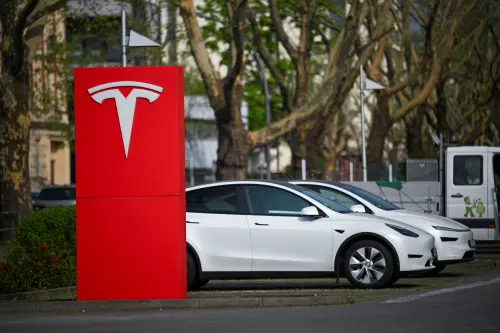Introduction
Tesla is working to block the release of public records by the city of Austin, Texas, related to its forthcoming self-driving robotaxi launch scheduled for this month.Context
In February, Reuters requested communications between Tesla and Austin officials over a two-year period, triggered by CEO Elon Musk's January announcement regarding fare-collecting robotaxis operating on public streets in Austin. On April 1, Austin public-information officer Dan Davis informed Reuters that “third parties” had urged the city to withhold these records to preserve their “privacy or property interests.” Consequently, Austin officials sought the Texas Attorney General's opinion on the matter on April 7, as the office oversees public-records disputes.Developments
On April 16, a Tesla attorney formally objected to the release of emails containing what they described as “confidential, proprietary, competitively sensitive commercial, and/or trade secret information” exchanged with Austin officials. The attorney argued that making these documents available to Reuters would disclose “Tesla’s deployment procedure, process, status and strategy,” potentially causing “irreparable harm” to the company.Neal Falgoust, responsible for public records issues in Austin's Law Department, stated the city does not take a position on the confidentiality of the information but must seek the Attorney General's opinion when there is a claim of proprietary information from a third party.
Musk has bet Tesla's future on self-driving vehicles, which he has promised for a decade but has yet to fully deliver. The anticipated robotaxi launch in Austin is considered a significant milestone, as many analysts and investors believe it is crucial to the company’s future success, particularly related to robotaxi and humanoid robot aspirations.
However, details regarding Tesla's operational plans in Austin remain sparse. The company has indicated it plans to deploy between 10 and 20 driverless robotaxis in specific, undisclosed areas of the city.
In response to Tesla's concerns on April 23, a Reuters lawyer emphasized that Tesla's intentions to implement this untested technology on Texas roads represent “an issue of enormous importance to Texas and the public at large,” reaffirming the public's right to access information.
Falgoust did not address inquiries about whether the public has a right to details concerning Tesla's driverless technology. Under Texas state law, the Attorney General's office is required to make a decision on the matter within 45 business days, which would be due next week.
